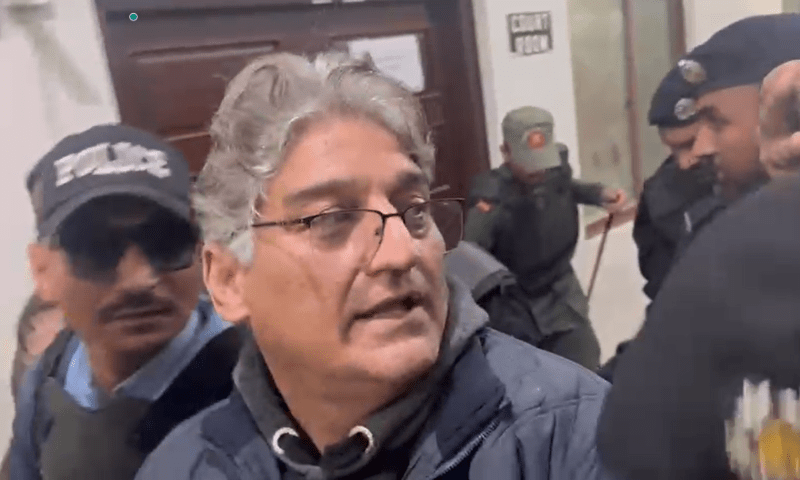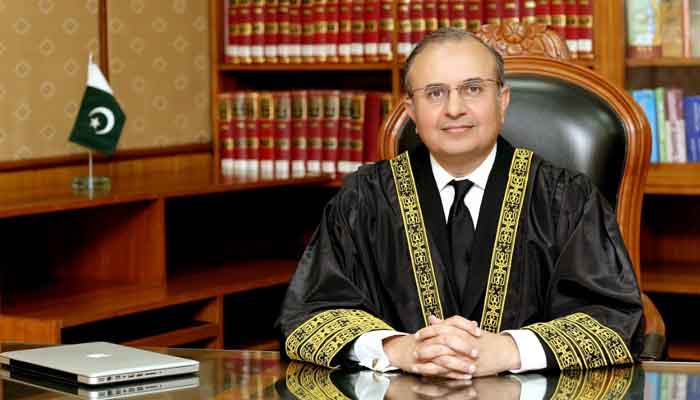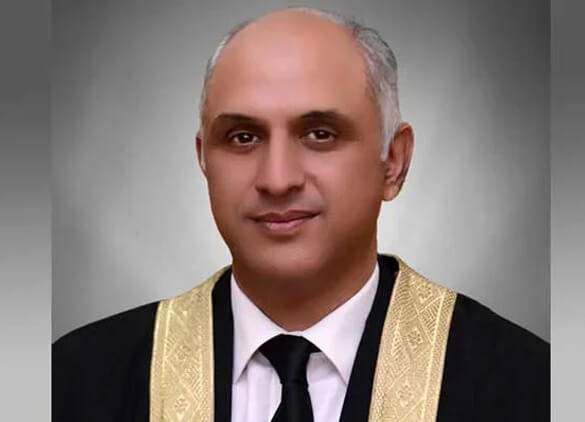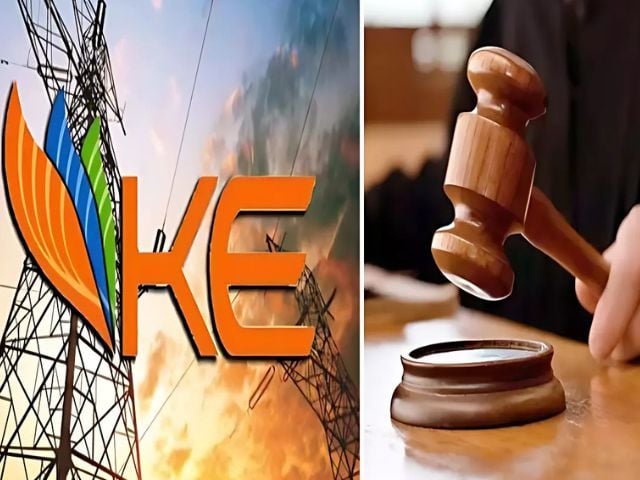LEGAL

Senior journalist Matiullah Jan was granted bail on Saturday by an Anti-Terrorism Court (ATC) in a terrorism and narcotics case that has drawn widespread criticism for being “bogus” and politically motivated. Jan, who was detained earlier this week, was accused of several offenses, including possessing narcotics and obstructing law enforcement officers, in a case that rights groups have condemned as an infringement on media freedom.
Arrest and Legal Proceedings
Matiullah Jan, known for his critical journalism, was reportedly abducted from the parking lot of the Pakistan Institute of Medical Sciences (PIMS) on the night of November 28. His son, Abdul Razzaq, initially alleged that “unknown individuals” had taken his father. The arrest occurred amidst heightened tensions following Jan's coverage of the PTI protests and the country’s political climate.
After his detention, Jan was presented before the Islamabad High Court (IHC) on Thursday, which suspended his two-day physical remand and ordered that he be sent to judicial remand. On Saturday, Jan’s legal team filed for bail, which was granted by ATC Judge Tahir Abbas Sipra after a brief hearing. The court set surety bonds worth Rs10,000 for his release.
Charges and Allegations
The charges against Jan emerged from a police report filed at 3:20 am on November 28, hours after the alleged incident took place. According to the FIR, Jan was found in possession of 246 grams of crystal meth (methamphetamine) when his vehicle was stopped by police at a checkpost in E-9, Islamabad.
The FIR claims that Jan’s vehicle, a white Toyota Yaris, was moving rapidly towards Islamabad’s F-10 area when it was flagged down by officers. The report alleges that Jan attempted to hit the police officers with his car, injuring Constable Mudassir in the process. The officer also claimed that Jan assaulted him, stole his rifle, and pointed it back at the constable before the vehicle was stopped. The FIR further alleged that Jan was found under the influence of a narcotic substance when his car was searched, revealing the drugs hidden under the driver’s seat.
The FIR invoked multiple sections from Pakistan’s Control of Narcotic Substances Act (CNSA) 1997 and the Anti-Terrorism Act (ATA) 1997, including charges of terrorism, obstruction of justice, and assault on a public servant.
Reactions from Rights Organizations and Media
Human rights organizations and journalists have strongly condemned the charges against Jan, with many viewing the case as an attempt to silence dissenting voices in the media. Amnesty International called the arrest an “affront to media freedom,” while the Committee to Protect Journalists (CPJ) raised concerns about his alleged abduction, noting that Jan’s coverage of protests led by Imran Khan’s supporters may have been a motivating factor behind the arrest.
In response, Jan’s defense team argued that the charges were fabricated, calling the case politically motivated and aimed at stifling critical journalism.
The Road Ahead
The court’s decision to grant bail, despite opposition from the prosecution, provides some relief to the journalist’s supporters. However, the allegations of terrorism and narcotics possession remain unresolved. Critics argue that the charges, which include a mix of serious offenses such as assault, narcotics trafficking, and terrorism, are an attempt to frame Jan for his role as a vocal journalist.
As the case progresses, the legal proceedings and ongoing media attention will likely continue to highlight concerns about the state of press freedom in Pakistan, particularly with regard to the treatment of journalists critical of the government.




